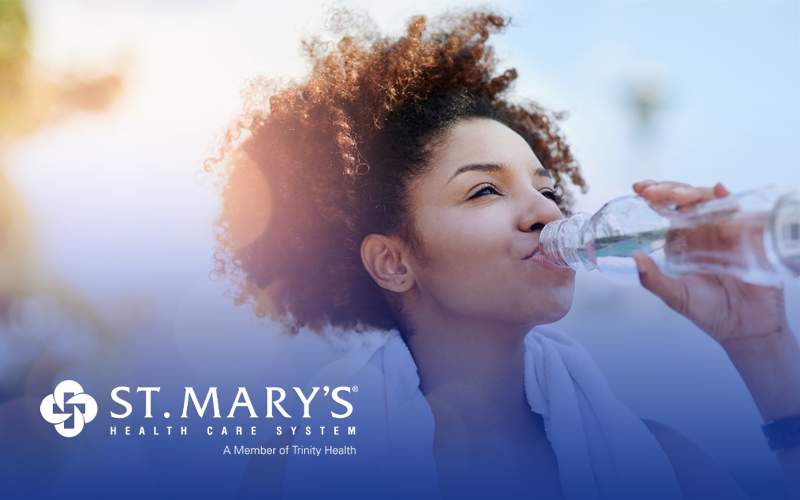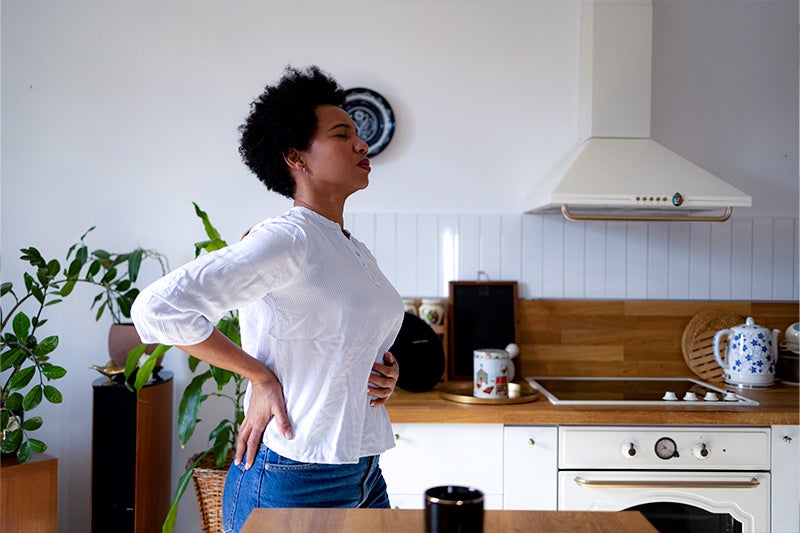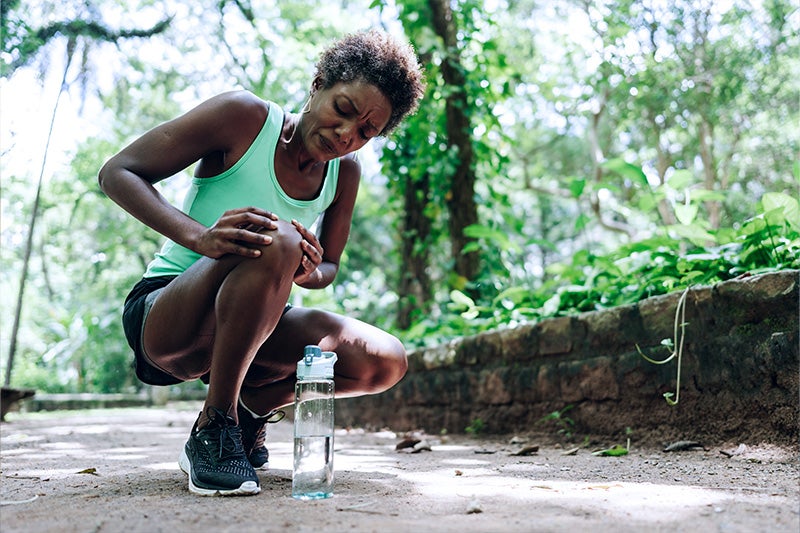With summer in full swing, you must learn ways to stay safe in the heat and humidity. As temperatures rise, so does the risk of heat illness.
Why are heat illness and heat stroke dangerous?
Heat is the #1 weather-related cause of death in the U.S. It becomes dangerous when the combination of heat and humidity overwhelms the body’s ability to cool itself by sweating. Heat is made worse by prolonged exposure to direct sunlight.
What are heat illnesses?
Heat illnesses can be placed into three categories:
- Heat Cramps - Painful spasms that occur in muscles during or after intense exercise in extreme heat. They are an early warning signal that you need to take a break, drink fluids, and cool down. Heat cramps are the least severe form of heat illness
- Heat Exhaustion - Occurs after a loss of salt and water from the body in the form of sweat during extreme heat. The body is losing the ability to cool itself, leading to increasingly severe symptoms.
- Heat Stroke - Occurs when the body’s internal temperature becomes high enough to damage the brain and other organs. Heat stroke is a medical emergency that requires immediate medical attention. It can be life-threatening.
Who is affected by heat illnesses? Who is most vulnerable to heat stroke?
Heat illnesses can impact everyone. However, those most at risk of heat illness are:
- Those who regularly work or play outdoors for prolonged periods.
- People living with heart disease or obesity.
- Infants and children up to 4 years of age.
- People 65 and older are also at increased risk.
- Certain medications can increase your risk of heat illnesses.
If you think that you might be at higher risk of heat illness, or are worried that one or more of your medications may place you at higher risk of heat stroke, be sure to Consult a Primary Care Provider to discuss your concerns and ways to stay safe.
What are the symptoms of heat stroke?
- The symptoms of heat cramps include painful cramps and flushed skin.
- The symptoms of heat exhaustion include heat cramps, heavy sweating, fast and/or weak pulse, fever, nausea, vomiting, headache, fatigue, and/or anxiety.
- The symptoms of heat stroke include any of the symptoms of heat exhaustion plus warm, dry skin; high fever; increased heart rate; loss of appetite; seizures; confusion, or loss of consciousness.
What can I do to protect myself from heat stroke or heat illnesses?
It is important to recognize that heat illnesses can begin before an extreme heat emergency is declared.
Be sure to follow precautionary measures to ensure you and your family stay safe.
- Drinking plenty of fluids during outdoor activities is essential. This can include water and sports drinks, but stay away from alcoholic beverages and fluids with caffeine.
- Schedule vigorous exercise for cooler times of the day if possible.
- Gradually increasing time spent outside can also help your body get used to the heat.
- Wearing loose-fitting clothing and wide-brimmed hats can help limit sun exposure.
- Taking a cool shower or spraying yourself with cold water from a spray bottle can also help keep you cool.
What should I do if I suspect I am suffering from a heat illness?
- Heat cramps: Take a break in the shade or an air-conditioned space. Drink fluids and sports drinks to replenish electrolytes. Get medical help if cramps last longer than an hour if you are on a low-sodium diet or have heart problems.
- Heat exhaustion: Stop exercising or working and get to shade or a cool place immediately. Sip water or sports drinks. Put cool, wet clothes on your body or take a cool bath. Get medical help if you are throwing up or your symptoms worsen.
- Heat stroke: Call 911; heat stroke is an emergency. Get the person to a cool place and try to lower their body temperature with cool clothes or a cool bath.
To learn more about heat illness and heat stroke, visit the Center for Disease Control's (CDC) website for more information.
St. Mary’s provides emergency care at all three of our hospitals: St. Mary’s Hospital in Athens, St. Mary’s Sacred Heart Hospital in Lavonia, and St. Mary’s Good Samaritan Hospital in Greensboro are all equipped to assist you in the case of a heat illness related emergency.




